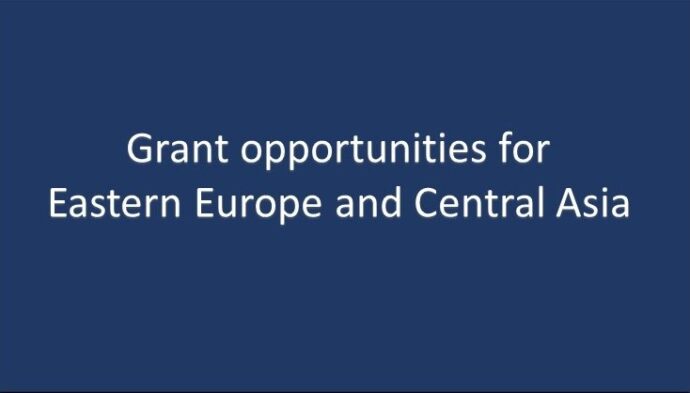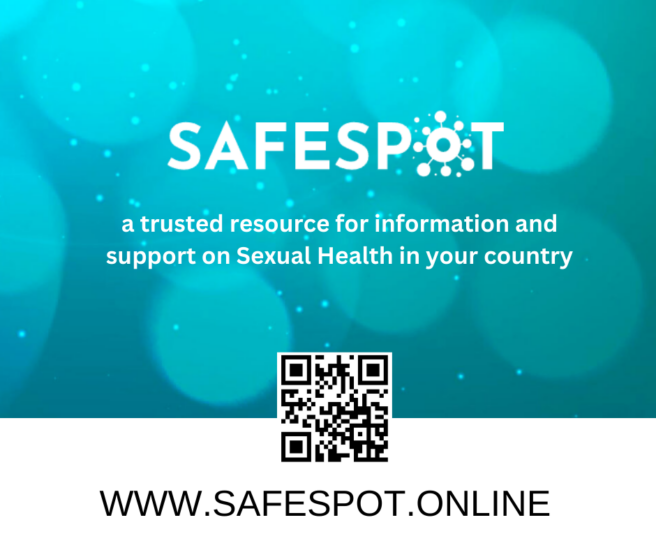 Author: Yana Kazmirenko, Ukraine
Author: Yana Kazmirenko, Ukraine
The adoption of the Fast-Track Cities strategy resulted in launching of the HIV express-testing in all outpatient clinics in Ukraine’s capital. The strategy also allowed to increase the number of people who receive antiretroviral therapy.
The struggle against HIV/AIDS epidemic in Kyiv strengthened since the mayor Vitaliy Klitschko, signed the declaration in Paris. Apart from that, Kyiv was included into the Fast-Track Cities programme in April 2016 as a measure to fight AIDS. According to this programme, 90% of the citizens in 2020 should know about the disease, 90% of the infected ones should be getting treatment, and the treatment should be effective for 90% of the patients.
In the latest United Nations agency report on HIV/AIDS (UNAIDS) and UN-Habitat as of 2015, the Ukraine’s capital entered the list of 27 most HIV/AIDS infected cities in the world. Alexander Yurchenko, the head physician at Kyiv AIDS centre, hopes that Kyiv will not be included into the newest rating. The programme has seen first success. 800 medical workers were trained, and every outpatient clinic in Kyiv received express-tests. The result of the test is available in as little as 20 minutes. There were 2,500 more individuals (compared with the previous year) who had tested their blood in a year.
A record amount of 555 people was included into the dispensary registration with the help of express-testing only over the first quarter of 2017. To compare: only 1300 people were registered in 2016, according to Yurchenko.
In his opinion, the situation in Ukraine’s capital with a population of three million people has improved. There were only around 5,000 people getting treatment in 2012, and now there are more than 7,000. It is planned to give treatment to 12,000 people by the end of the year.
Migrants and HIV
Yurchenko attributes Kyiv’s high position in the world ratings of HIV spread due to its attractiveness for migrants. 400,000 people come to work in the capital daily.
“Men who have sex with men (MSM) also tend to come to Kyiv, as it is hard for them to even live in such regional centre as Cherkassy. They attract a lot of attention in smaller cities. In the capital, they can find work, hide themselves, and find partners,” continues the interviewee.
The prevailing factor of HIV spread in Kyiv in 2012 was an injecting way of transmission. Now the predominant way has shifted to sexual transmission.
For instance, the story of the oldest patient in the capital of Ukraine. The man admitted that his wife was refusing sexual intercourse with him and he had to use the services of sex workers.
“Doctor, now I know what I will die from,” the old patient said jokingly, after he heard his diagnosis.
“According to statistics, you will die from cardiac ischemia, but we will control and monitor your HIV,” Yurchenko remembers his dialogue with the patient.
Surviving thanks to the Foundations
Kyiv’s mayor Vitaliy Klitschko stressed that one of the main responsibilities that Kyiv took within the framework of the Fast-Track Cities programme is the provision of sufficient amount of antiretroviral medicines for treatment of people diagnosed with HIV/AIDS.
 There would be significant progress in the implementation of the Fast-Track strategy if the government did not delay the supplies of medicines for antiretroviral therapy. This leads to patients receiving one month course of treatment instead of six or three months’ courses.
There would be significant progress in the implementation of the Fast-Track strategy if the government did not delay the supplies of medicines for antiretroviral therapy. This leads to patients receiving one month course of treatment instead of six or three months’ courses.
The variety of options in treatment schemes (around 38 of them) does not yet allow to pass the dispensing of medicines to the family doctors’ level. Yurchenko promised that there will be two or three variants of treatment made, and they will be passed on to the outpatient clinics as soon as the government supplies of medicines are in full scope.
Now patients literally survive at the expense of international and private foundations. On July 11, Kyiv has become the first Eastern European city where HIV-positive patients received dolutegravir (sixth generation medicine for antiretroviral therapy) at the expense of the Elena Pinchuk ANTI AIDS Foundation. The yearly course of medications will cost $170. This allows to increase the number of people who will receive the life-saving treatment in as early as 2018 at no additional cost.
The adoption of the law on mandatory HIV testing* can also bring the capital closer to the standards implemented by Fast-Track Cities. Alexander Yurchenko says that this law might be enacted by the end of the year.
As estimated by the experts, the number of HIV/AIDS infected people in the capital is 23,000 inhabitants. This is the tenth of the estimated figures in Ukraine – 250,000. There were 304,914 officially registered new cases of HIV infection in Ukraine since 1987. Since that time, there were 42,987 deaths from AIDS. The regions most affected with HIV infection, apart from Kyiv, are Dnipropetrovsk, Kyiv, Donetsk, Mykolayiv and Odesa regions.
*AFEW International is not aware of the law on mandatory HIV testing and will advocate against such law.




